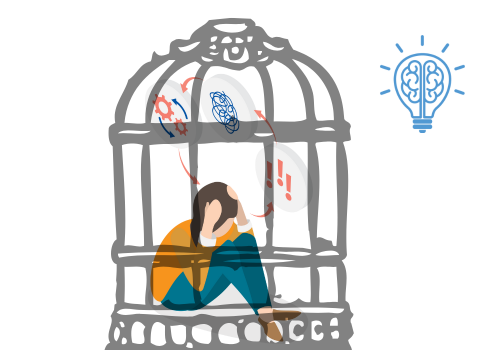What is Critical Thinking?
- Critical Thinking is the ability to analyze information objectively and make reasoned judgments based on evidence and logic.
- It involves questioning assumptions, evaluating arguments, and considering different perspectives before reaching a conclusion.
- Critical thinking is essential for both students and professionals, as it enables informed decision-making and problem-solving in complex situations.
Why is it important in education and the workplace?
- In Education: This helps students engage more deeply with course material, improving comprehension and the ability to apply knowledge in various contexts. It also enhances the quality of their work, from essays to research projects.
- In the Workplace: This is crucial for making sound business decisions, solving problems efficiently, and developing innovative solutions. It also allows professionals to navigate complex situations with confidence and clarity.
- Overall, strong critical thinking skills lead to better outcomes in both academic and professional endeavors.
How can coaching improve Critical Thinking skills?
- Coaching can help individuals develop their skills by teaching them how to approach problems methodically, question assumptions, and evaluate evidence critically.
- For students, coaching might involve exercises that encourage analytical thinking, such as case studies or debates, which help sharpen their ability to reason and argue effectively.
- For professionals, coaching can focus on decision-making frameworks, problem-solving techniques, and fostering a mindset that values evidence-based conclusions, leading to more effective leadership and project management.




